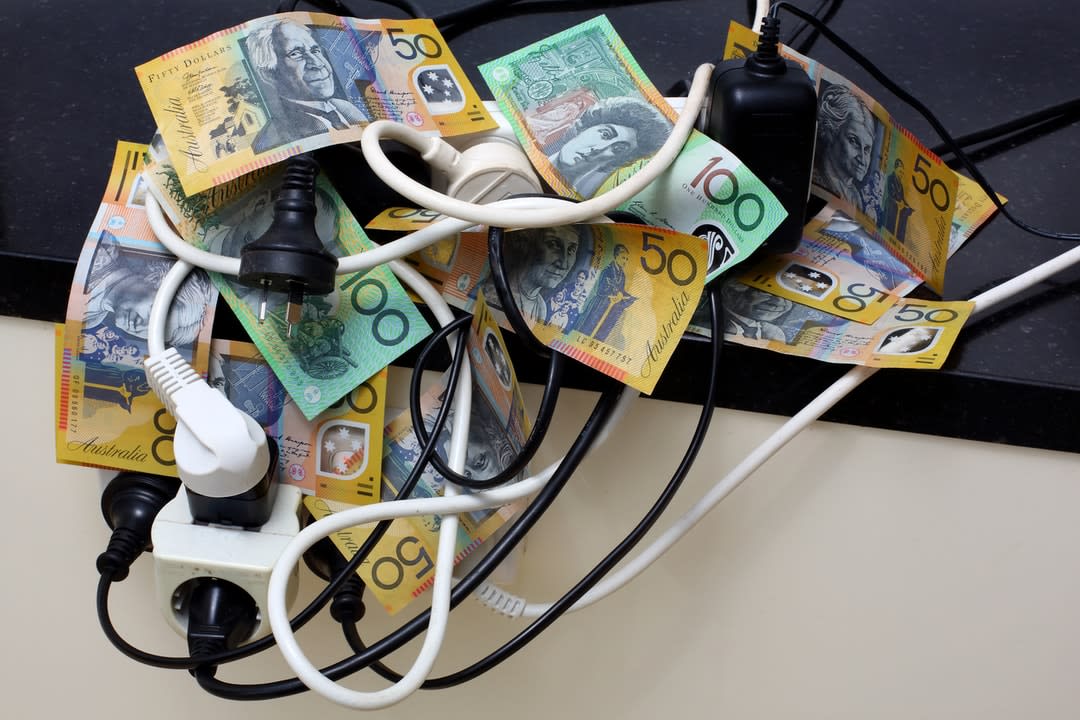
Australia’s energy market did not emerge naturally. It's not the product of buyers looking to transact willingly with sellers. After all, who chooses to buy electricity? No one. Our participation in this market is involuntary. That's why we call energy an essential service, but is it accessible, equitable and affordable?
The energy market was manufactured by economists in the 1980s and '90s, and is the product of thousands of pages of rules and regulations. If there were no energy rules, there would simply be no energy market.
Economists are inclined to believe their assumptions and propositions are judgment-free. Economics sees itself as having no opinion on what is good or bad, or right or wrong about the world. This might be true when these propositions are safely housed in textbooks and journals, but they don't remain judgment-free when they're released into the world occupied by real people.

The retail energy market is that part of the market occupied by "real" people – in households, small businesses and community organisations. I contend that the market designers embedded within the energy market rules a suite of moral and ethical expectations about consumers. This was contrary to what they thought they were doing as supposedly judgment-free economists.
To intellectually tame the world around it, economics adopts a series of simplifying axioms about human nature. Most notably, this includes axioms about humans seeking and efficiently processing the information they require to make consumption decisions. A shorthand way of saying this is: “Consumers shop around (to inform their purchases).”
Read more: COVID-19: Household electricity and consumer vulnerability in physical isolation
The market designers took this simplifying axiom and designed the retail market on the basis that consumers will shop around. By shopping around, consumers would drive competition, efficient market outcomes, and lower prices.
Once their work was done, the designers handed the market to regulators to run. The regulators (including myself) were now responsible for promoting the competitiveness of the market. Our central message was to tell customers to shop around for a better deal. I certainly went on the radio espousing this message.
But do you see what has happened here?
A theoretical axiom about consumers ("consumers shop around") morphed into an assumption ("consumers will shop around"), then morphed again into a policy prescription ("consumers should shop around").
I refer to this morphing from axiom to assumption to policy prescription as the central moral transition unwittingly made by the market designers when they manufactured the retail energy market.
The consequences of intervention
It's undoubtedly a moral intervention, because it prescribes the correct way for people to behave, even though they're involuntary participants in the retail energy market.
This moral transition had insidious consequences.
It absolved energy retailers of responsibility if they took advantage of customers who failed to shop around when purchasing this essential service. The moral transition meant customers were responsible if they failed to shop around and subsequently found themselves paying too much for their energy.
Placing this responsibility on customers also meant energy regulators could limit themselves to:
- promoting better product disclosure
- trying to reduce customers’ search costs, and
- imploring customers to shop around.
What happened to customers thereafter wasn't the regulators’ responsibility, even when customers were obviously being exploited by their service providers.
So the rules governing the retail energy market failed morally as well as ethically.

By 2017, the community’s patience with these arrangements started wearing thin. Inquiries were established nationally and in Victoria.
Both reviews reached the same conclusion – the retail energy market was not delivering consistent, efficient or fair outcomes for consumers. The evidence demonstrated that customers don't shop around as frequently or effectively as the market designers had assumed.
Time for change
Today, energy customers are facing far greater changes than at any time in the past. Everything about energy is changing. This includes solar panels, feed-in tariffs, batteries, demand management, time-of-use tariffs, dynamic pricing, demand charges, electric vehicles, and so on.
Everything is changing, except for one thing: energy remains essential.
This means it's time to call out the moral and ethical expectations that were baked into this market by its designers. As the energy market becomes increasingly complicated, it also becomes increasingly unfair to expect customers to shop around just to avoid the risk of exploitation as they involuntarily consume electricity.
Simplistic individualism is neither the moral nor ethical foundation upon which the community expects to receive an essential service like energy. The so-called “social licence” under which energy is provided to the community needs to be rewritten.
I know what the naysayers will say. I've been hearing it for years. They'll say: “That’s not how markets work. That’s not how competition works. Governments can’t interfere with markets. What about sovereign risk? What about proprietary rights? What about unintended consequences?”
Let me return to where I started.
There's nothing natural about this market. The retail energy market is a completely manufactured market. It exists only because it was deemed into existence 20 years ago.
It was created. And if it was created back then, then it can be recreated now.
And if it can be recreated now, then we have the opportunity, the right and the responsibility to recreate it in the fairest possible way for individual consumers and for the community as a whole, now and into the future.
This article is an edited extract from a presentation Dr Ron Ben-David gave as part of the Monash Energy Institute's Equitable Energy Future webinar.





